Buy now, pay later
with Tabby.
Split the cost of all packages into 4 equal monthly payments with no interest with any card.

General medical care involves the prevention, diagnosis, and treatment of a wide range of medical conditions. For women, this can include routine health screenings, management of chronic conditions such as diabetes and hypertension, and treatment of acute illnesses such as respiratory infections and urinary tract infections.
Additionally, general medical care can include management of menopause symptoms, sexual and reproductive health, and breast health. General medical care is important for women of all ages, as it helps to ensure overall health and wellbeing.

*provided by our Network Partners
*provided by our Network Partners
*provided by our Network Partners
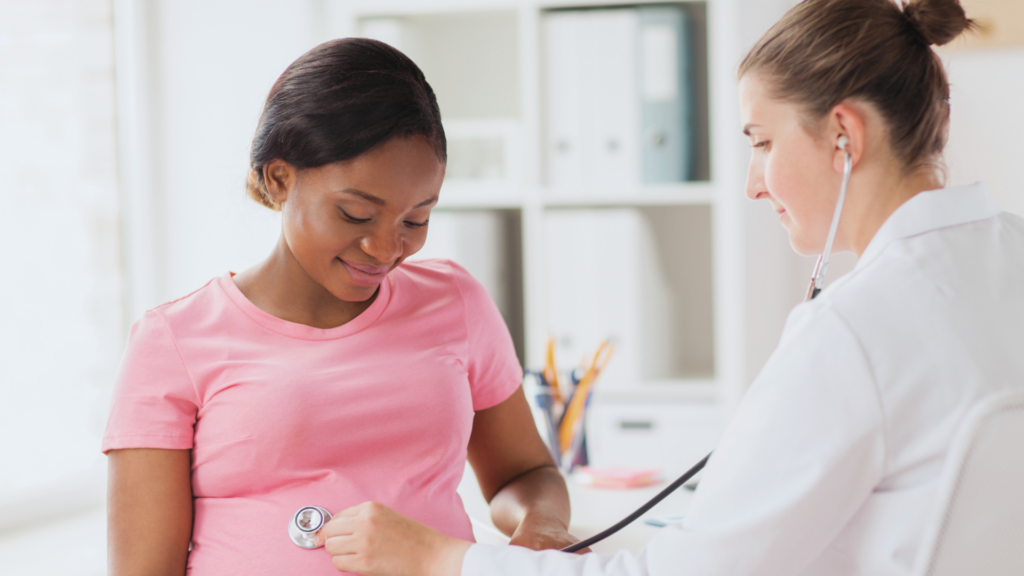
Perinatal care refers to the care provided to women during pregnancy, childbirth, and the postpartum period. Perinatal care includes prenatal check-ups, monitoring of fetal development, and support during labor and delivery.
For women, perinatal care is essential to ensure a healthy pregnancy, reduce the risk of complications during childbirth, and promote a healthy postpartum recovery.
*provided by our Network Partners
(12 – 41 weeks)
(28 – 41 weeks)
Gynaecological support involves the prevention, diagnosis, and treatment of conditions related to the female reproductive system. This can include management of menstrual irregularities, pelvic pain, and reproductive disorders such as endometriosis and polycystic ovary syndrome.
Additionally, gynaecological support can include cervical cancer screenings, management of sexually transmitted infections, and management of menopause symptoms.
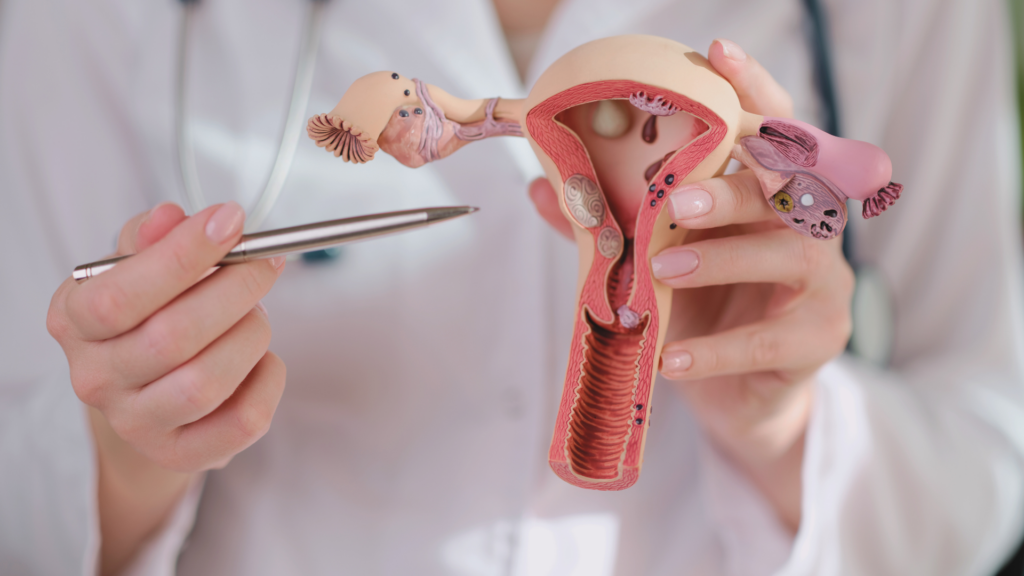
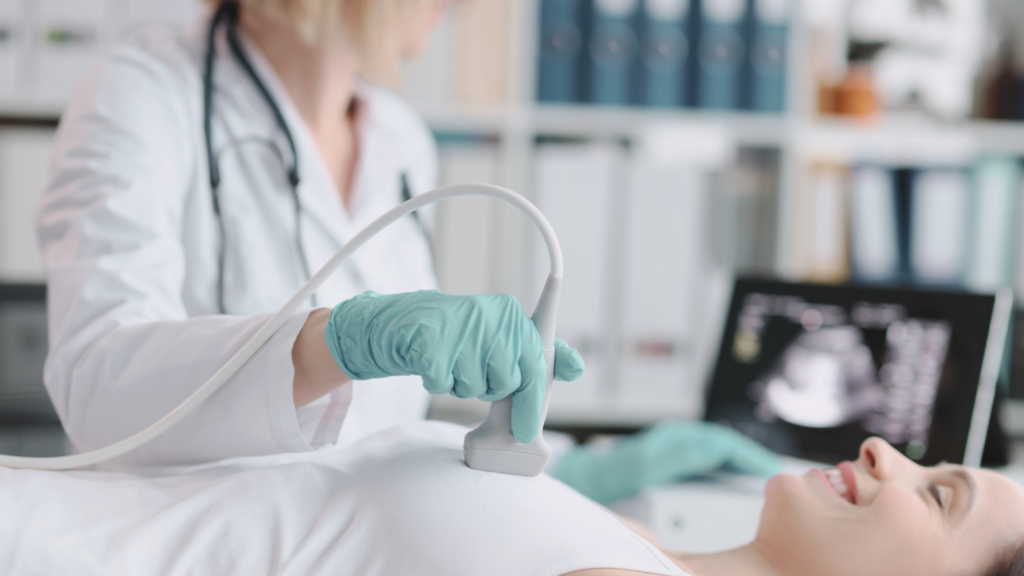
Preventive care refers to measures taken to prevent the onset or progression of disease. This can include routine health screenings such as mammograms and Pap tests, vaccination against diseases such as HPV and influenza, and lifestyle interventions such as exercise and healthy eating.
Preventive care is essential for women of all ages, as it helps to reduce the risk of developing chronic conditions such as heart disease, diabetes, and cancer.
*provided by our Network Partners
*provided by our Network Partners
Our health education packages focus on equipping female professionals with the knowledge and tools to prioritise their well-being at work and at home.
Covering a range of topics including stress management, work-life balance, and preventative healthcare measures tailored to women's specific health needs. Proven to help attract and retain the best female talent.

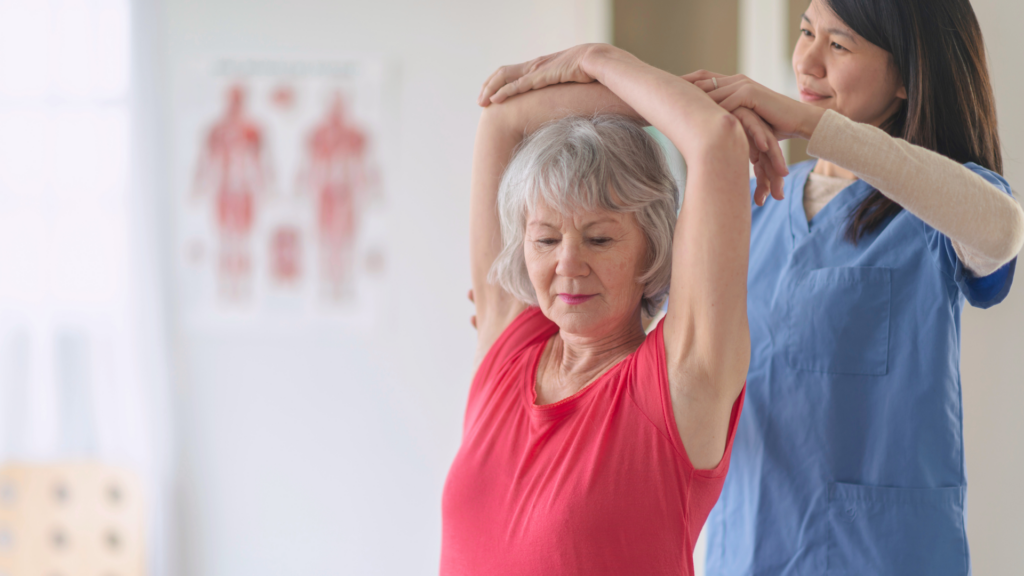
Physical rehabilitation involves the restoration of physical function following an injury or illness.
For women, physical rehabilitation can include treatment for conditions such as pelvic floor dysfunction, urinary incontinence, and chronic pain. Additionally, physical rehabilitation can promote recovery following childbirth, surgery, or other medical procedures.
Pelvic floor rehabilitation and training involves exercises and techniques to strengthen and improve the function of the pelvic floor muscles. For women, pelvic floor rehabilitation can be helpful in the management of urinary incontinence, pelvic pain, and sexual dysfunction.
Additionally, pelvic floor training can be useful in preparation for childbirth and recovery following childbirth.
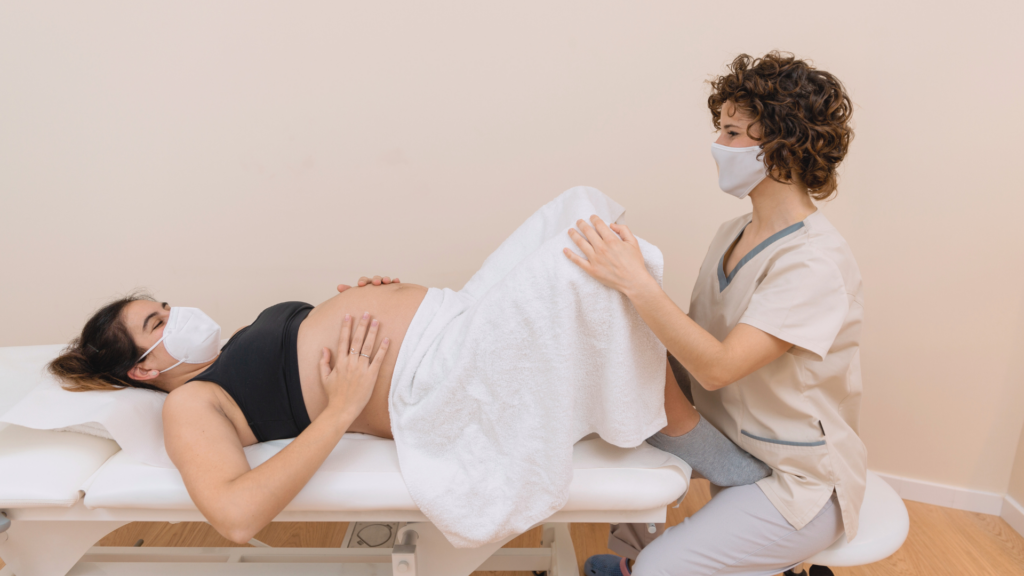
This program can help with full body strengthening, core dysfunctions, poor posture, pelvic floor weakness, diastasis recti, and incontinence. Recommended for women after giving birth or after a gap in physical activity.

Nutritional support and counselling involves the provision of information and resources to promote healthy eating habits and lifestyle choices. For women, nutritional support can be helpful in the management of conditions such as diabetes and heart disease.
Additionally, nutritional counselling can provide information on healthy eating during pregnancy and breastfeeding, as well as during menopause.
NutriCheck is a nutritional assessment provided by Nabta Health in collaboration with Sprout.ae. It provides a detailed analysis of your child’s diet and insights regarding key nutrient gaps.
Our team of experts assesses the specific dietary requirements of your child, taking into account their age, activity level, and individual preferences.
Sprout.ae is dedicated to helping you navigate the complex world of nutrition with ease, offering personalised guidance that caters to your child’s unique needs.
Sprout.ae offers tailor-made meal plans that not only fulfil your child’s nutritional needs but also excite their taste buds. Our commitment goes beyond ensuring your child gets the right nutrients; we aim to build healthy eating habits and encourage a diverse palette, setting the stage for a lifetime of well-being.
Mental health support and counselling involves the provision of support and resources to promote mental health and wellbeing.
For women, mental health support can be helpful in the management of conditions such as anxiety, depression, and postpartum depression. Additionally, mental health support can provide support during times of stress and transition, such as pregnancy, childbirth, and menopause.

A cognitive assessment is a comprehensive evaluation of an individual’s cognitive abilities and functions, which include various mental processes related to acquiring, processing, storing, and using information.
It includes –
These assessments delve into areas such as emotional expression, stress management, anxiety, self-esteem, relationships, life satisfaction, psychological resilience, and mindfulness practices. They provide valuable insights into an individual’s emotional well-being, highlighting areas of strength and areas that may require attention or intervention.
It includes –
A psychoeducational assessment is a detailed assessment of a child’s psychological and academic skills.
It includes –
Nabta Health’s specialised program for the assessment of students with special needs is designed to provide a holistic understanding of each student’s unique abilities, challenges, and learning requirements.
We offer a range of comprehensive assessments tailored to address diverse exceptionalities, including but not limited to autism spectrum disorders, attention-deficit/hyperactivity disorder (ADHD), learning disabilities, sensory processing disorders, and emotional/behavioural disorders.
This assessment includes:
This assessment includes:
B.K.S. Lyengar

Call or WhatsApp us on 04 394 6122 during opening hours, and we’ll get in touch within 24 hours to discuss next steps.
Or feel free to book an in-person or virtual consultation directly with one of our specialists.
© Nabta Health Ltd 2017 - 2024
